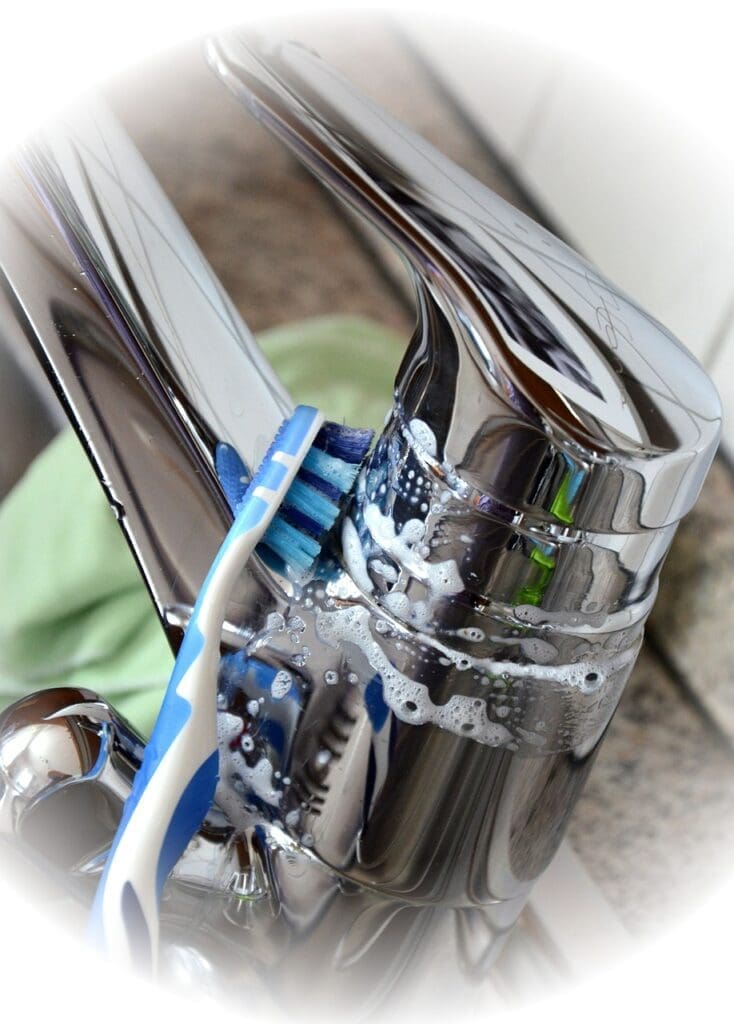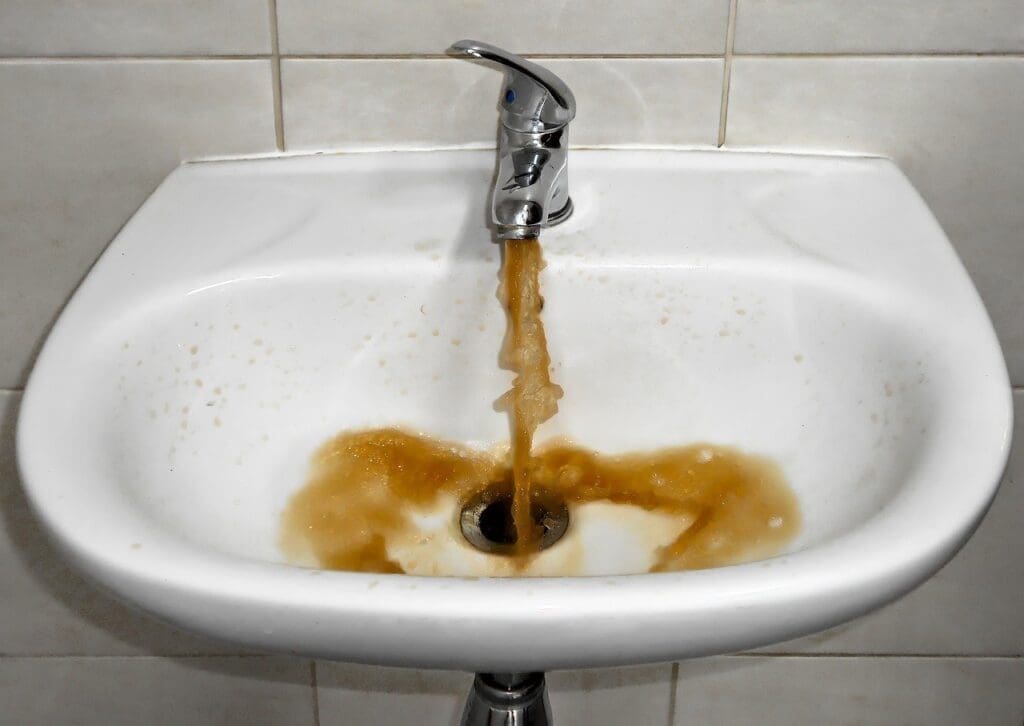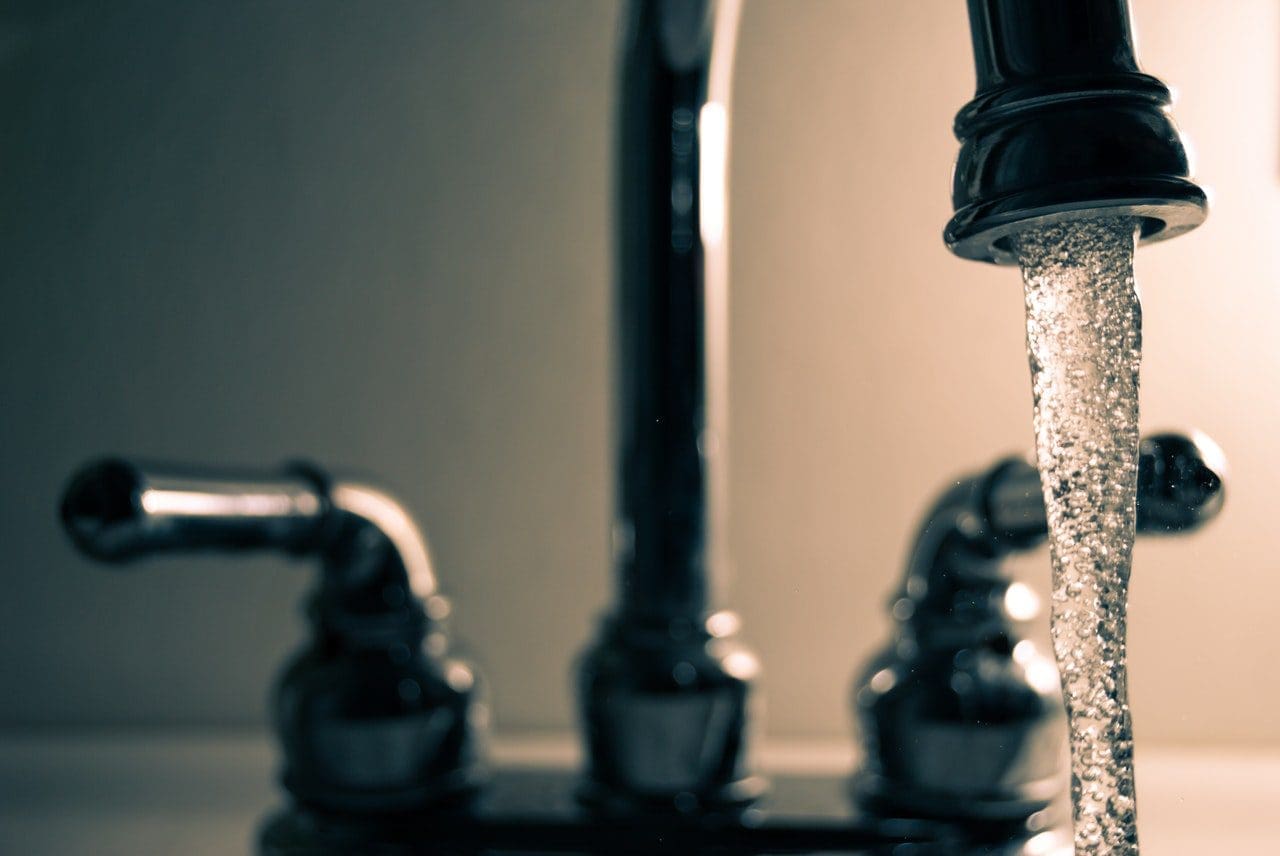When you turn on your faucet, you expect to see crystal clear water. It can be a bit concerning if you fill up your glass and see tiny black specks floating around. Thankfully, there’s a way to fix this. Keeping yourself and your family well hydrated with clean water should be among your first health goals.
It can be a simple fix if you can figure out what’s causing the black flakes! Let’s talk about the most common sources of this issue.
There Are Excesses Minerals In Your Water
The water supply for most residential houses comes from the same place. After going through a treatment plant to remove the water from impurities and make it potable, it will make its way to your home. Sometimes, your municipal water supply can make a mistake during treatment, and other minerals like manganese and iron can show up in trace amounts. If you suspect the specks are coming from the city water supply, those mineral levels can only be corrected by government officials. A plumber can test the water to see whether that’s the source of the problem.

If you’re using a private well for your water supply, the specks could be from sand and silt in your water. Even though trace minerals aren’t harmful to drink, it’s still not a pleasant experience and can slowly degrade pipes. If it’s a newly dug well, allow the water to run for a few days. You can also install a screen for a sand or gravel well or a liner in a sandstone well.
Your Pipes Are Corroded
Pipes get old and can cause lots of problems around your house if they start to corrode. If your house has cast iron or galvanized steel pipes, they could be corroding the inside and washing the rust into your water supply. This usually only happens with taps holding cold water. If you suspect the specks are from rusting pipes, you will need to replace them as soon as possible. The problem might also be bigger than a single rusting pipe. If multiple pipes are corroding, call a plumber as soon as possible to prevent leaks and dangerous lead particles from contaminating your water supply.

Your Water Heater Is Corroded
Most water heaters have a lining on the inside to keep water from rusting the metal. But even the most expensive and top-of-the-line water heaters will have some metal exposed on the inside. If you see black specks when you take a shower, run the hot water only from your faucet, or use the dishwasher, it could mean that your water heater hasn’t been maintained properly or is too old and needs to be replaced. If you find out the water heater is the black speck culprit, your plumber will most likely recommend it be replaced ASAP before it starts to leak.
Your Water Filter Is Too Old
If you’re using a carbon water filtration system, those floating black specks could simply be some rogue carbon particles that escaped the device. Granular Activated Carbon helps scrub the water of impurities, but they can become less effective over time. If you think that’s the case, it’s probably time to replace your filter cartridge. You can replace the system yourself, but a plumber can easily do it if you want to make sure it’s done correctly.
Your Rubber Tubing is Breaking Down
Rubber is pretty durable, but it does slowly degrade over the years. If you see larger pieces of debris floating around in your water and can feel it is rubbery, it’s time to replace those degraded rubber components. Shut off your water before you inspect your rubber gaskets, supply hoses, and rubber washers. If you can tell that the black specks only come out of one faucet, you may only need to replace the rubber washer in the faucet head. If you can’t determine the rubber deterioration source, you may need to bring a plumber in to inspect the problem.
You want to make sure your water is crystal clear so you can drink your morning coffee with confidence.
Featured Photo by Steve Johnson from Pexels





